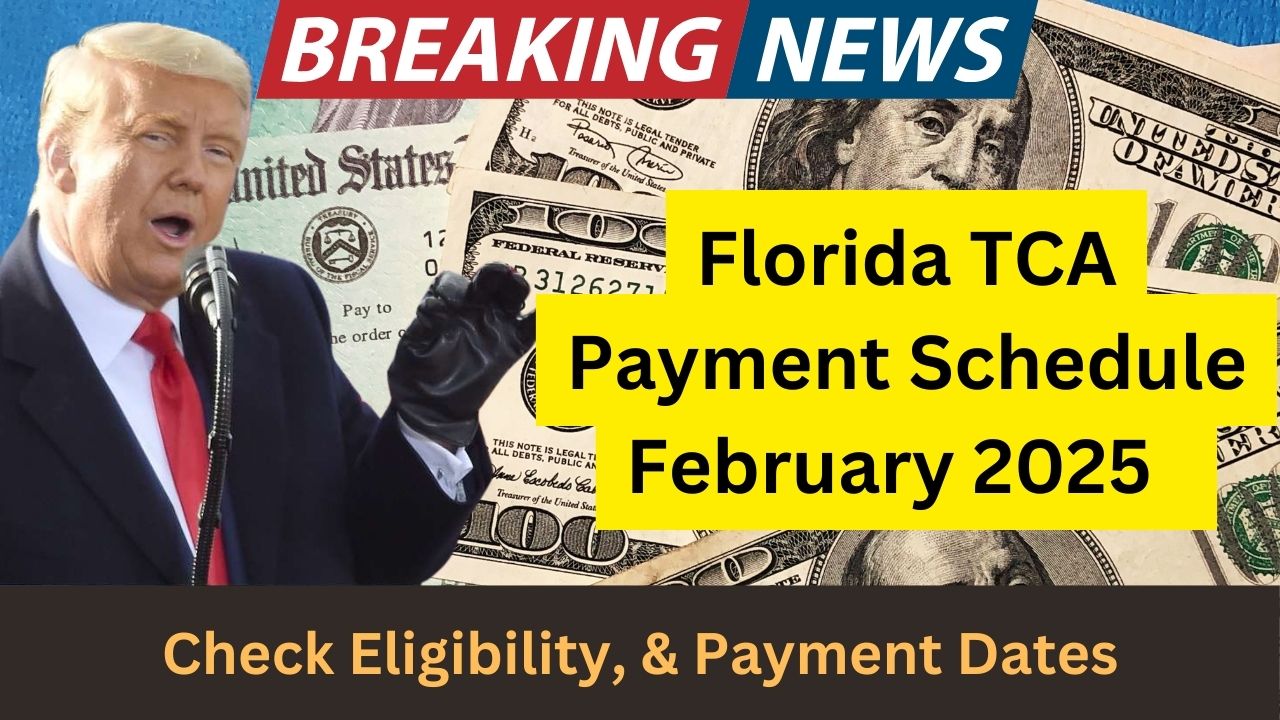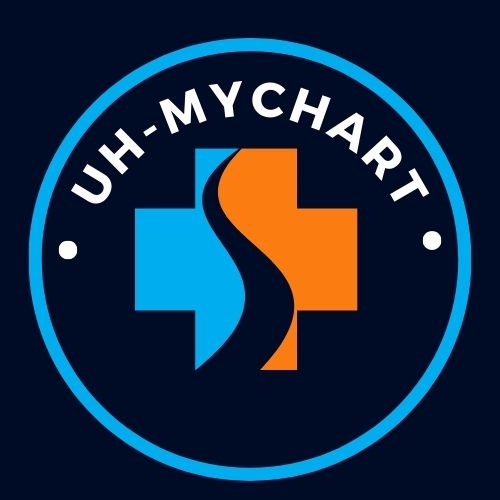Navigating the complexities of financial assistance programs is crucial for many Floridians, especially those relying on the Temporary Cash Assistance (TCA) program to meet their basic needs. As of February 2025, understanding the latest eligibility requirements, payment schedules, and available resources is essential for beneficiaries.
Understanding Temporary Cash Assistance (TCA) in Florida
The TCA program, administered by the Florida Department of Children and Families (DCF), provides financial support to families with children under 18, or under 19 if they are full-time high school students.

The program aims to help families achieve self-sufficiency while allowing children to remain in their homes.
Eligibility Criteria for TCA
To qualify for TCA benefits, applicants must meet the following criteria:
- Residency: Must be a Florida resident.
- Income: Gross income must be less than 185% of the federal poverty level, and countable income should not exceed the payment standard for the family size.
- Assets: Countable assets must be at or below $2,000.
- Family Composition: Must have a child under 18 (or under 19 if a full-time high school student) living in the home.
- Work Requirements: Adults are generally required to participate in work activities unless exempt.
- Citizenship: Applicants must be U.S. citizens or qualified non-citizens.
- Social Security Number: Must provide a Social Security Number or proof of application.
- Child Support Cooperation: Parents or caretakers must cooperate with child support enforcement.
- Immunization: Children under age 5 must be up-to-date with immunizations.
- School Attendance: Children aged 6 to 18 must attend school regularly.
TCA Payment Schedule for February 2025
TCA benefits in Florida are distributed monthly based on the last two digits of the beneficiary’s case number. Payments are made from the 1st to the 28th of each month.
For example, if the last two digits of your case number are 00-03, benefits are available on the 1st of the month; if 04-06, on the 2nd, and so forth. This structured approach ensures a systematic distribution of funds.
Recent Legislative Updates
In February 2025, Senate Bill 828 was filed, proposing changes to TCA eligibility. The bill aims to remove the prohibition against awarding benefits to individuals with felony drug convictions and eliminate specific requirements for such individuals to receive benefits.
If passed, this legislation would expand access to TCA for a broader population.
Disaster Assistance: D-SNAP
Following recent natural disasters, Florida residents may qualify for Disaster Supplemental Nutrition Assistance Program (D-SNAP) benefits in February 2025.
This temporary program provides food assistance to individuals and families affected by disasters. Eligibility depends on factors such as residency in a disaster-declared area, income loss, or disaster-related expenses. Applications are open for a limited time, so prompt action is essential.
Maximizing Your Benefits
To make the most of your TCA and Supplemental Nutrition Assistance Program (SNAP) benefits:
- Budgeting: Track your spending on essentials like food and housing to manage funds effectively.
- Meal Planning: Plan meals to utilize SNAP benefits efficiently, reduce food waste, and stretch your budget.
- Prioritize Expenses: Ensure that critical needs such as rent, utilities, and food are addressed first.
Checking Your Payment Status
Beneficiaries can monitor their payment status through the DCF’s online portal:
- Visit the My ACCESS Florida website.
- Log in to your account.
- Select “Check My Benefits” to view current benefit information.
Common Issues and Solutions
- Payment Delays: If you experience delays, check your My ACCESS account for alerts. If unresolved, contact customer support.
- Changes in Circumstances: Report any changes in employment, family size, or income promptly, as they may affect your eligibility.
- Fraud Prevention: Protect your EBT card information and report any suspicious activity to DCF immediately.
Additional Resources
Beyond TCA and SNAP, various community services are available:
- Food Banks: Provide free groceries to families in need.
- Community Centers: Offer services like job placement assistance, utility bill support, and feeding programs.
- Nonprofit Organizations: Groups such as Feeding Florida assist families facing food insecurity.
Conclusion
Staying informed about the latest developments in assistance programs is vital for Florida residents relying on TCA and SNAP benefits. By understanding eligibility requirements, adhering to payment schedules, and utilizing available resources, families can better navigate financial challenges and work towards self-sufficiency.
| Homepage | uhmychart.org |






